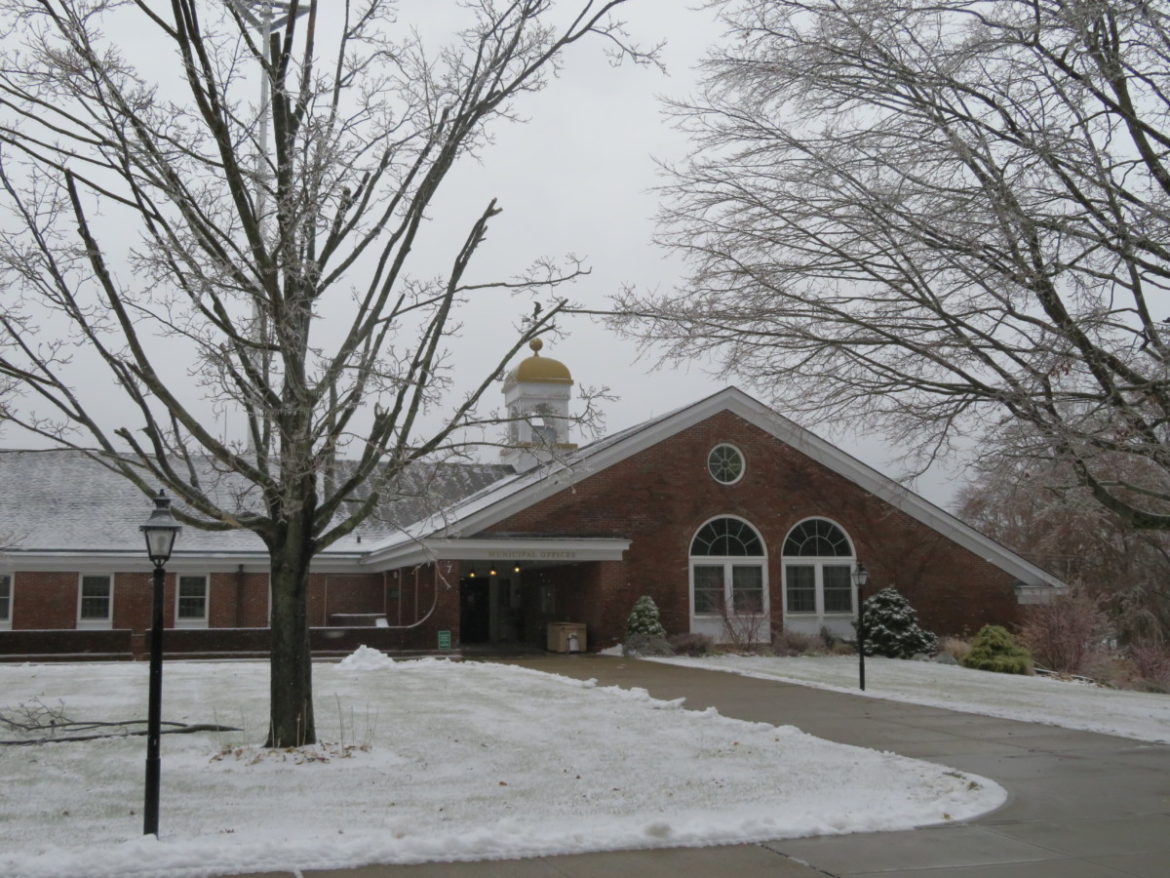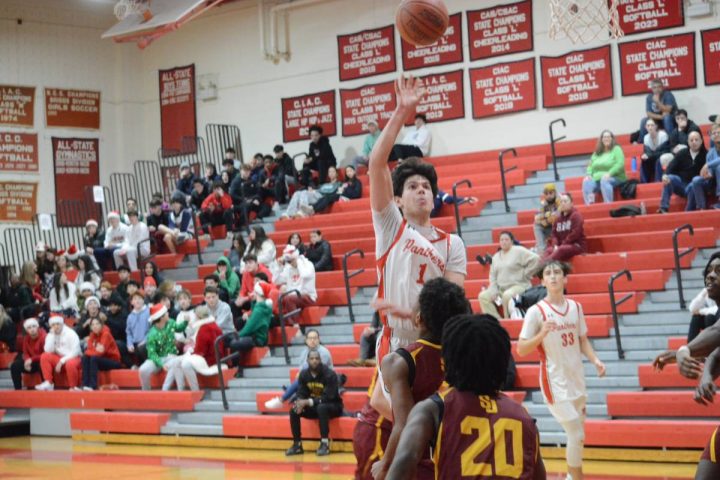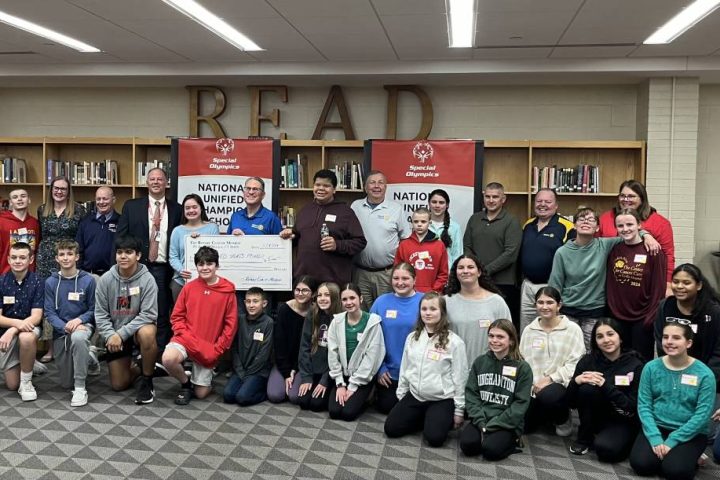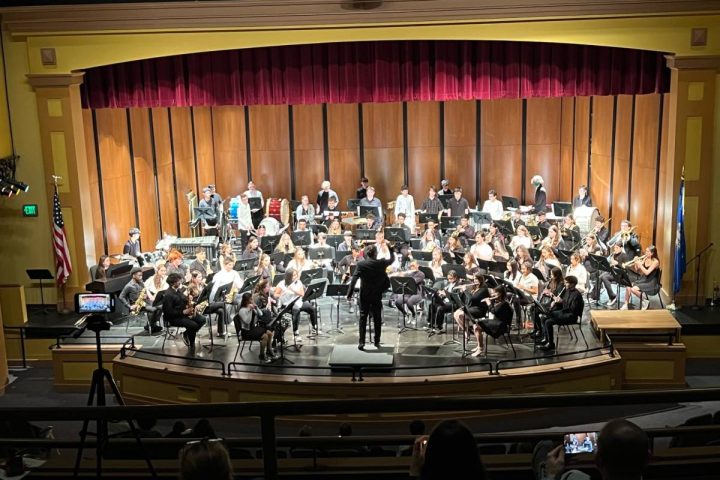Town Council members became embroiled in heated debate over their revised Rules of Procedure when Democrat Jason Maur motioned to open up the second public participation session of meetings to anything residents want to talk about, rather than restricting it to “matters of unfinished business or new business for that day’s agenda.”
Members of the council’s Republican majority contend restricting public discussion is not the intent or spirit of the rule. The public can speak on anything in the first session and, if it is the chair’s prerogative, in the second session she can allow people to comment on a vote that already took place, they say.
“I see no reason why public comment should be limited to what is pending, just because something is no longer pending doesn’t mean the Town Council can’t change its mind,” Maur said at last week’s meeting. “The second public session shouldn’t be restricted to pending items.”
The second public comment session was added to meeting agendas around six years ago on the recommendation of Nick Kapoor, a Democrat on the council at the time. Kapoor wanted it because the first public session is at the beginning of meetings, so members of the public could not speak about what happens during a meeting later on.
Maur made a motion to change the rule to allow the second session to follow the same rules as the first public comment session. It was seconded by fellow Democrat Dee Dee Martin.
After impassioned discussion, during which Chairwoman Enid Lipeles called for a five minute recess, while she and four fellow Republicans caucused behind a closed door, the motion was defeated along party lines by a vote of 5 to 3.
Lipeles, Vice Chairman Sean O’Rourke, Terry Rooney, Kevin Reid and Jonathan Formichella voted no and Maur, Martin and Jennifer Aguilar voted yes.
The debate
O’Rourke pointed out how people rarely speak during the second comment sessions. “My concern is open ending it could potentially lengthen the meeting,” he said.
“I disagree,” Martin said. “The original intent was to leave it open. There may be something someone wants to bring to our attention and wants to do it publicly.”
Maur said people cannot comment on the action items, discussions and the first selectman’s update as the rules are written, because the open public comment is before the action items.
He said residents’ open access to public officials and the ability to speak their minds supersedes extending Town Council members’ evening.
Republicans pointed out how among Connecticut towns, Monroe is rare in allowing a second public session in its council meetings.
“I’m calling a five minute recess,” Lipeles said. “It’s the chairman’s prerogative.” Turning to her fellow council Republicans, she added, “let’s go to our office.”
When the meeting continued, the vote was called and the motion went down 5-3.
“I think this council made an error in judgement by removing the discussion from the public,” Maur said. “To not allow people to speak is a true mistake.” Of the vote on adopting all the revised rules, he added, “I cannot support this.”
Aguilar said she worked hard on the rules revisions with Frank Lieto when he was council chairman, and even though they agreed on the rule for the second session, after hearing Maur she agreed it should be unrestricted.
“I will support this because we worked hard on it,” she said of adopting the Rules of Procedure, “but I disagree on the second session.”
“There was a lot of discussion on this,” Reid said. “I think it’s a bit disingenuous to say it doesn’t allow the public to speak. To say it’s getting minutes back, that’s never been insinuated by anybody. We’ll stay till midnight with a storm outside.”
“The public can speak on anything in the first session,” Reid continued. “It’s good to have a cooling down period after a vote. The public can come to the next council meeting and talk about anything that had happened. That was the spirit and intent behind this procedure.”
“While that may be the spirit and intent, I see no reason to limit the discussion in the second session,” Maur said.
He acknowledged members of the public could come to the next meeting, but said council members are responsible to be there and residents cannot always make it to a meeting.
“They can at the end of the day,” Reid said of the chairman’s prerogative to allow discussion of matters voted on during the meeting in the second public session. “We didn’t deny someone the right to speak.”
“Just because we don’t, doesn’t mean we can’t,” Maur said.
The council voted to adopt the revised Rules of Procedure with Lipeles, O’Rourke, Rooney, Formichella, Reid and Aguilar in favor and Maur and Martin voting no.






